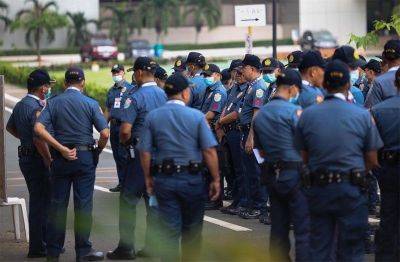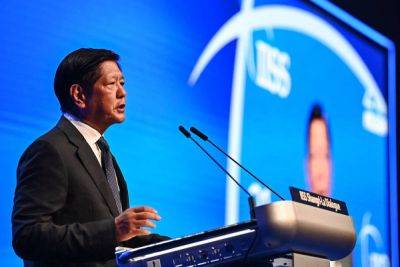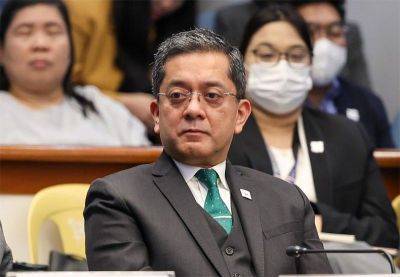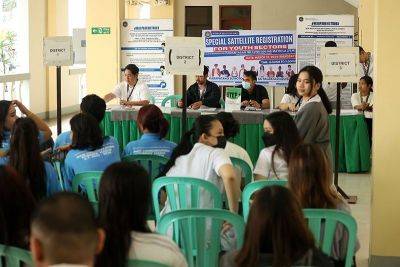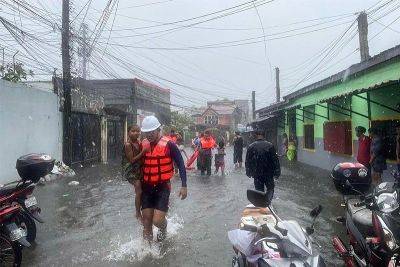Social media users charged over Marcos deepfake
MANILA, Philippines — Social media users who uploaded a deepfake audio recording of President Marcos are facing cybercrime charges filed by a group of social media influencers.
The group has been advised to submit requirements showing they are authorized to file the complaint on behalf of the President, said police Anti Cybercrime Group (ACG) cyber response unit chief Col. Jay Guillermo.
The Kapisanan ng Social Media Broadcaster ng Pilipinas Inc. (KSMBPI), led by chairman Michael Raymond Aragon, filed a complaint before the ACG against persons who uploaded copies of the deepfake on social media.
They have been charged with unlawful use of means of publication and unlawful utterances under Article 154 of the Revised Penal Code, in connection with Republic Act 10175 or the Cybercrime Prevention Act.
The audio deepfake had Marcos ordering the Armed Forces of the Philippines to intervene if China posed a threat to the country.
Aragon said they, as private citizens, are within their rights to file complaints against people spreading falsehoods on social media, especially when national security is at risk.
Anna Tan, KSMBPI legal counsel, said they have identified around 10 persons responsible for uploading the deepfake on four or five social media sites.
The group had to take action as some social media users were spreading false information using artificial technology, Tan added.
The government earlier said a foreign actor is likely behind the audio deepfake.
Guillermo said investigators are studying the case filed by the group but it could take months, as tracing an internet protocol address does not immediately lead to the perpetrators’ identity.
Controlling or proactively blocking spam texts, phishing attempts and child sexual abuse material could soon be performed by three telecommunications firms, as well as small and local internet service providers, according to the Department of Information and Communications Technology.
The DICT on May 2 met with telcos and the National Telecommunications Commission to discuss the worsening problem of unsolicited text promotions and scams faced by telco subscribers in recent months.
“We are studying taking that measure,”


